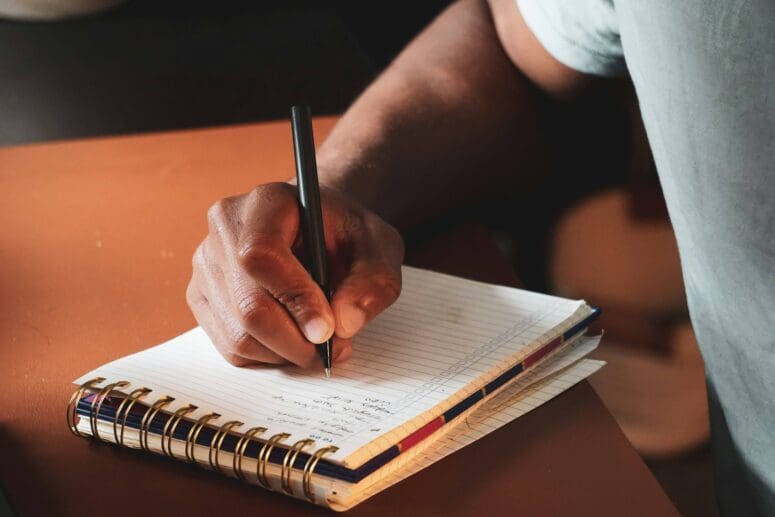
Taryn Tacher is the senior editorial operations manager and senior editor for HomeLight's Resource Centers. With eight years of editorial and operations experience, she previously managed editorial operations at Contently and content partnerships at Conde Nast. Taryn holds a bachelor's from the University of Florida College of Journalism, and she's written for GQ, Teen Vogue, Glamour, Allure, and Variety.
When you’re buying your first home, few things are more exciting (or stressful) than the lead-up to closing day. Negotiations and inspections may be nearly finished, but now there’s a laundry list of things to do, and even more to keep track of.
Having a great real estate agent in your corner will be a big help for sure, but having your own check5list to refer to throughout the process can also offer clarity and peace of mind during an otherwise hectic time. That’s why we’ve prepared a checklist for closing on a house for you to refer to during these final days before your new home is officially yours.
Find a top real estate agent near you
We analyze over 27 million transactions and thousands of reviews to determine which agent is best for you based on your needs. It takes just two minutes to match you with the best real estate agents, who will contact you and guide you through the process.
Once the seller has said “yes” to your purchase offer, the ball is back in your court and it’s time to…
If earnest money is part of your offer, you’ll need to hand over those funds. This will likely take the form of a cashier’s check or wire transfer to be held in escrow by a third party — such as a title company — while you wait to close.
Your agent will guide you through this step, but in short, the money will be held in a neutral account until it’s applied to your purchase at the closing table.
You’ve — hopefully — been in contact with a lender, so this next step should just be finalizing your mortgage application.
If you were preapproved for a mortgage, you’ve probably already submitted your documents to determine eligibility, and now it’s a matter of your lender formally processing your application and completing their due diligence on the loan.
If you’ve only been prequalified, you may have a little more work to do. Your lender will tell you exactly what they’ll need, but be prepared to submit financial documents such as pay stubs, investment statements, proof of down payment funds, and so on.
Wherever you are in your mortgage application process, you’ll want to be mindful of your financial choices between now and closing. Avoid opening any new accounts or making any major purchases, and don’t make any large cash deposits (even those from personal savings) that you haven’t already discussed with your lender.
“To most people, money is just fungible. But large cash deposits — usually $1,000 is the trigger — where the funds can’t be sourced are a problem for underwriters,” says Ryan Kain, a top real estate agent in the Detroit area, who implores his clients to avoid depositing their at-home cash stash while applying for a mortgage.
Point being, until your mortgage is approved and processed, don’t do anything that could cause an eyebrow to raise in question of the accuracy of your reported income and assets.